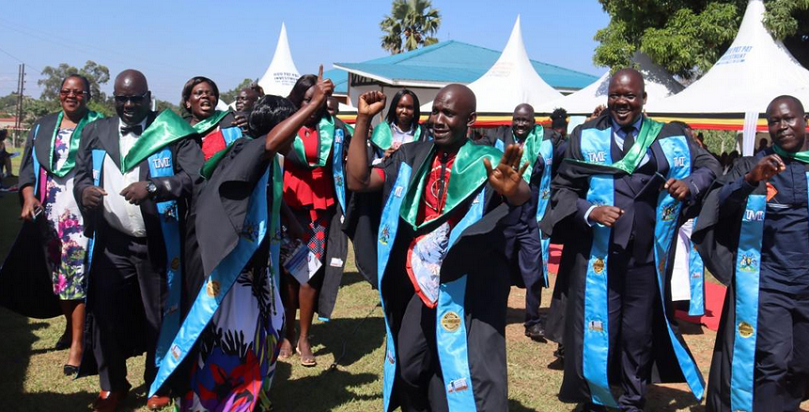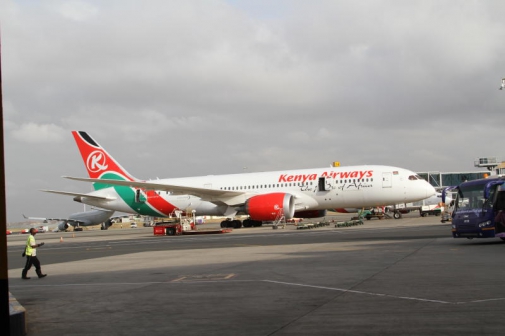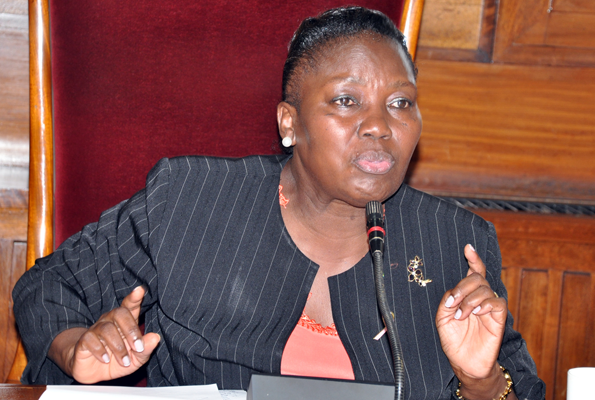Education Ministry wants to ban boarding section for Primary Schools
The Ministry of Education and Sports is considering banning boarding sections in all primary schools as authorities contemplate options for the reopening of schools in the face of COVID-19.
A source privy to the matter told URN that authorities have discussed the possibility of removing the boarding sections as one of the new guidelines and operating procedures that will see schools safely reopen, for this category of learners, who have not been recommended for any kind of vaccination.
According to the Ministry of Education strategy, a sizable number of teachers, non-teaching staff and learners must be vaccinated before the reopening. But, even if vaccines are available, there are no approved vaccines for children aged below 12, the majority at this level of education.
Hajj Ismael Mulindwa, the Director of Basic Education and chairperson of the COVID-19 Education Response Task Force says that boarding schools bring students from different areas yet observing SOPs to the dot in young learners might not be attainable. He says that having children at this level in the day section becomes a better option.
Although this decision may not affect many public schools since most of them are already operating as day schools, it will come as a big blow to the private schools given the fact that some have been entirely operating as boarding schools.
After the first school closure, the ministry guided that on reopening, schools could be operating as either day or boarding but not both. This was done to ensure that students who move home on a daily basis do not mix with those who are at school. For boarding sections, the creation of a bubble for the school community was seen as a better solution.
Besides closing the boarding section, the ministry also plans to have learners at primary level study in shifts with a section attending classes in the morning and another in the afternoon. Mulindwa says that if shifts are insufficient then schools can go with the alternate-day model where some classes attend from Monday to Wednesday and others report for studies from Thursday to Saturday.
But, on a personal note, Mulindwa thinks the alternate-day model is better since transporting learners in the middle of the day to or from school might be very difficult for the parents. The said model has already been used by several international schools, like the British school of Kampala, which maintained teaching during the first school closure.
Mulindwa says that for whatever reason the ministry is not planning, for now, and even in the near future, to have all learners report back to schools in one group as it was before COVID-19. To him, this might take some years until they confirm that at least 90 per cent of the learners’ population is immunized.
For other levels of education, sources privy to the reopening plans say that the ministry is adopting some measures employed during that last reopening by sticking on the staggered and phased reopening approach.
“Staggered and phased reopening remains their main strategy,” sources privy to the plans noted. The same has already been confirmed by the Minister of Education and Sports, Janet Kataha Museveni. This means that several classes will be attending school for a given period before another is accepted in.
To eliminate gaps in their initial Standard Operating Procedures, the ministry is looking at means of strengthening the inspection and surveillance function. Officials in both education and health ministries have since accepted that poor inspection and surveillance led to a COVID-19 infection surge in schools. Hajj Mulindwa says although the ministry had developed a mechanism for the two functions, they paid less attention to them and also didn’t sensitize headteachers and COVID19 task force leaders in school on the matter.
During the meetings, the task force learnt that schools that followed the instruction on COVID-19 surveillance helped to contain the virus. For instance, sources note that schools like Bishop Cipriano Kihangire SS in Luzira 100 COVID-19 cases but the situation was managed when the school reported through the system.
A separate source also reported that there was a surge of cases at Ndegeya Core PTC in Masaka but it was also managed through the designed surveillance system. In a recent interview, Filbert Baguma, general secretary of Uganda National Teachers’ Union, notes that when covid19 hit, they advised the government to develop a master plan where they could increase school infrastructures to decrease congestion and also recruit more teachers.
However, ever since the ministry has not planned to increase infrastructure. This has left them with one option of electing temporal structures, however, still, there is no special budget allocated for this.
Mulindwa says this is the big animal in the room, and currently, the government has no permanent solution for it given the limited resources at their disposal. He, however, notes that on reopening, headteachers will be required to access the school’s needs. Using the available resources including the capitation grants and the expected covid19 related budget of 1.5 million Shillings to plan for temporary structures.
When the school closed, the government had developed a revised school calendar to allow learners to finish their 2020 academic year. But, only candidates and those in P.4 and P.5 had completed waiting for progression.
The reopening, according to sources, will be a continuation to ensure that all classes finish off the 2020 syllabus after which the 2021 academic year will start. Dr Dennis Mugimba, the spokesperson for the education ministry, says the revised calendar has already been developed and only awaits cabinet approval.
-URN





